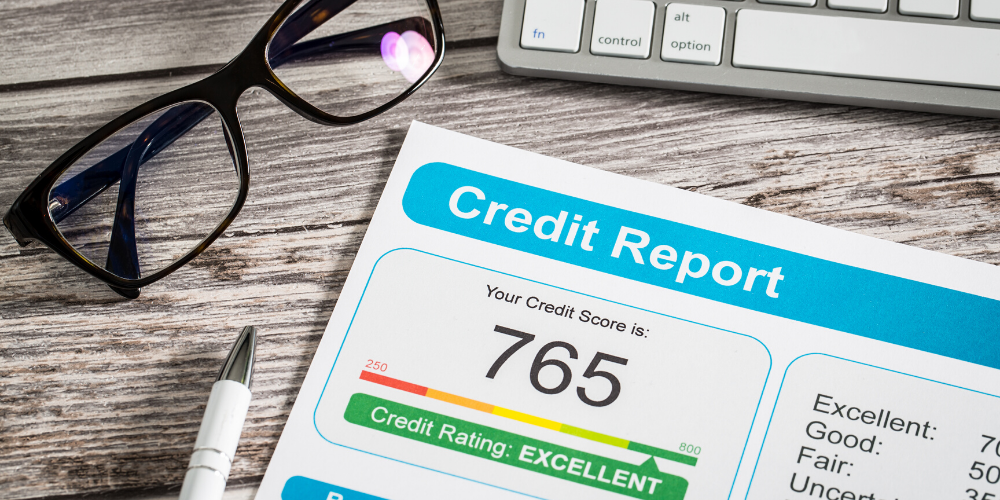
Credit scores are a big deal. They’re used to determine if you can buy or rent a house, get a car, or even some jobs. FICO is implementing extensive changes to credit score calculations that will affect millions of Americans. An estimated 40 million Americans will see their score drop by 20 or more points, and equally as many might see as large of an increase.1
FICO updates calculation metrics approximately every five years. The biggest change this this time around, according to vice president of scores and analytics at FICO, Joanne Gaskin, is personal loans. Personal loans are the fastest growing consumer debt category with over $300 billion owed by Americans. These have grown in popularity and are heavily marketed, largely being credit card debt consolidation loans. FICO will now consider personal loans in its own category to determine responsible use by the borrower.
Likely the biggest change to the current system will be how one pays down debt. If you use a personal loan to pay off credit card debt, that would normally yield a rise in your score, however, this new approach will look at personal loan usage over the past two years and see if you’ve used the loan to reduce credit card debt. If a person’s score shows this type of loan in addition to revolving balances, it’s a sign that they’re just falling deeper into debt and are higher risk than the previous system revealed, says Gaskin.
This change will likely not affect those who already have good credit scores and will mostly affect those with scores below 580. While some people are unhappy with this fact, believing that it further drives income and credit inequality, the goal of the new score is to “give lenders better information so they can extend credit to more borrowers at better rates.”1
If you are one of the concerned consumers, rest assured that lenders use a wide variety of credit score models when making loan decisions, and the same advice to boost your score still applies: avoid late payments at all costs, keep older lines of credit, and try to keep your credit card balances below one third of available credit.
Source:
If you liked this article, you might also enjoy:
Why America Needs Realtime Payments

Leave a Comment